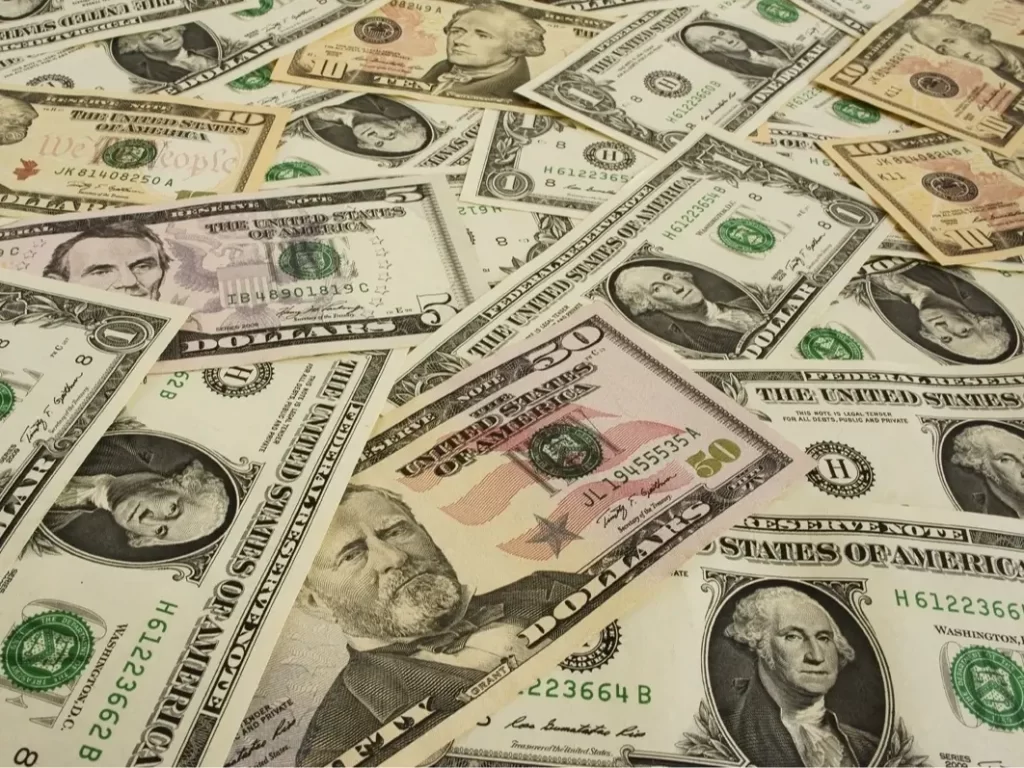In high-risk industries, financial transactions are often fraught with complexities and dangers. These sectors, which may include illicit trades, underground economies, or unregulated markets, require innovative strategies to manage financial risk while ensuring safety. One unconventional method that has gained attention is the use of fake money. While this approach might sound dubious at first, it can, under specific conditions, facilitate safer transactions and reduce potential financial risks. Here is how:
Enhancing Transaction Security
In high-risk industries where the trustworthiness of parties is often uncertain, fake money can serve as a crucial tool for safeguarding transactions. By sell fake money as a stand-in, parties can test the reliability and honesty of their counterparts without risking real financial assets. This can be particularly useful in environments where traditional banking systems are either unavailable or untrustworthy. For example, in some illicit trade scenarios, real money transactions may be fraught with the risk of fraud or theft. By conducting preliminary deals with fake money, parties can ensure that their counterparts adhere to agreed terms and demonstrate their credibility.

Testing and Verification
Fake money can also be employed to verify the authenticity of financial systems or processes. In situations where real money is not easily traceable or where financial instruments might be compromised, counterfeit currency can be used to simulate transactions and test the integrity of financial systems. This can help identify weaknesses or potential areas of fraud before real money is involved. For instance, in a scenario where a new payment system is being implemented, using fake money to conduct test transactions can reveal system vulnerabilities and prevent potential losses.
Reducing Financial Exposure
In industries where financial transactions carry significant risks, using fake money can mitigate the exposure to financial loss. For instance, in some high-risk markets, dealing in large sums of money can attract unwanted attention or increase the risk of theft. By using fake money for initial dealings or as a form of collateral, parties can limit their exposure while still engaging in necessary transactions. This strategy allows for negotiation and deal-making without the immediate threat of substantial financial loss.
Facilitating Negotiations
Fake money can play a role in negotiations by providing a non-threatening medium for discussing financial terms. In high-risk industries, parties may be reluctant to discuss real sums of money due to fear of theft or betrayal. By using fake currency, parties can negotiate and agree on terms without the pressure and risk associated with handling real money. This can lead to more productive discussions and better agreements, as the use of counterfeit currency removes some of the immediate risks and allows for a more controlled negotiation environment.
Buying and using fake money in high-risk industries is a strategy that, when applied with caution and within legal limits, can enhance transaction security, test financial systems, reduce exposure to loss, and facilitate negotiations. However, it is vital to approach this method with a clear understanding of its legal implications and ethical considerations. By leveraging fake money thoughtfully, businesses and individuals operating in high-risk environments can better manage financial transactions and navigate the complexities of their industries more safely.